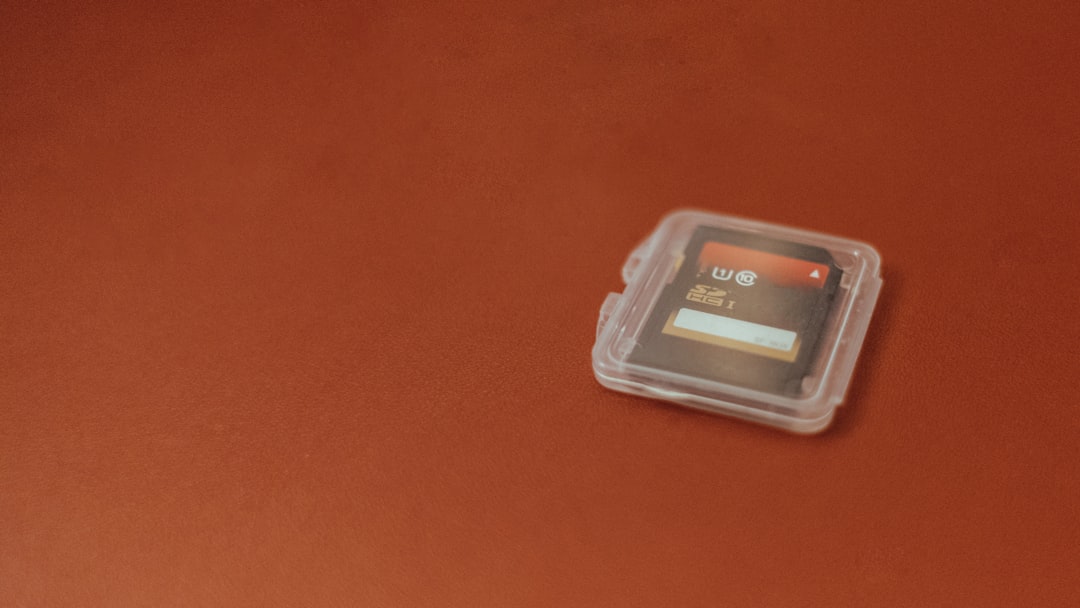What is it about?
People can readily make judgements of the emotions that a person might be feeling, based on their facial expression – if an expression matches what the perceiver believes a happy face should look like, they might judge the person to be happy. This study shows that these beliefs about how expressions of emotion should look does not depend on who is displaying the expression. Participants completed a task in which they manipulated the expression displayed by a face, until it looked like how they believe emotions should be displayed – doing so allowed us to see how people’s beliefs differed between identities.
Featured Image

Photo by Nik on Unsplash
Why is it important?
This study showed that we all have very different ideas of what facial expressions should look like – some people believe that angry faces have gritted teeth whereas others believe that they have wide open mouths. For the first time, we showed that these ideas do not depend on who displays the expression. This study furthers our understanding of how we process and represent the emotions of others – differences in these processes have been observed in clinical conditions, so understanding how these processes work will have implications for our understanding of mental health.
Perspectives
This study forms part of a larger project, in which we have been investigating differences between people in terms of their beliefs of what expressions should look like. The methods are novel and offer exciting opportunities for researchers of emotion and social perception. Having conducted research into brain representations of perceived expressions, I’ve found it really interesting to be able to visualize these representations in this way.
Thomas Murray
University of Cambridge
Read the Original
This page is a summary of: Genetic algorithms reveal identity independent representation of emotional expressions., Emotion, August 2023, American Psychological Association (APA),
DOI: 10.1037/emo0001274.
You can read the full text:
Contributors
The following have contributed to this page










